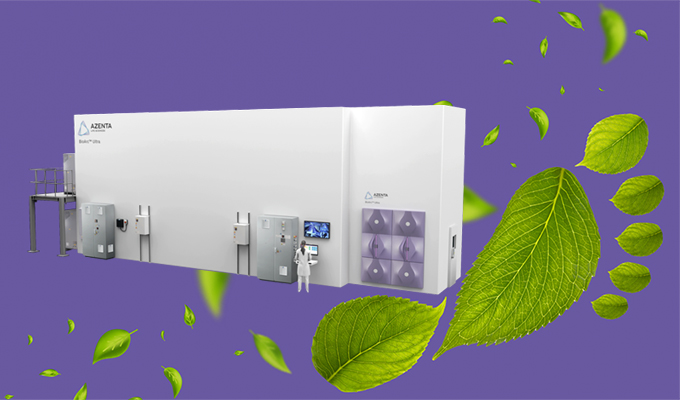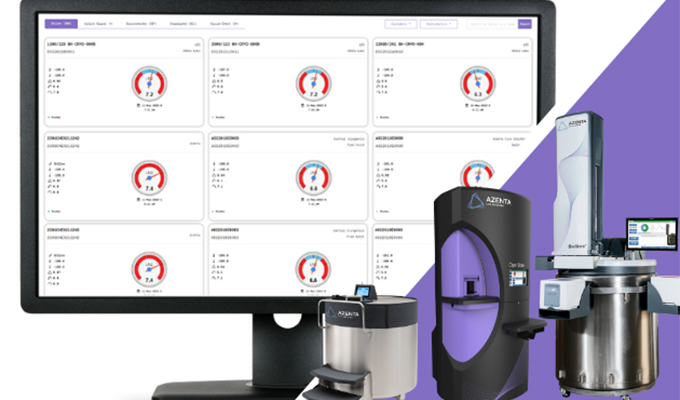Vaccines are some of the most valuable biological materials that clinicians produce and use. They help prevent health issues for millions each year.
However, much of the vaccines lost are due to degradation that occurs when they warm during vaccine transport. Extreme weather, natural disasters, and other emergencies can put laboratories at risk and can render vaccine storage systems vulnerable to failure. Whether transporting vaccines or putting them in storage, it is essential for laboratories and manufacturers to have built-in security measures and a continuity plan in case of a natural disaster or other catastrophic events.
Secure Vaccine Transport
Each year millions of thousands of dollars’ worth of vaccines are lost due to cold chain failures during shipping and handling. Clinicians wishing to protect their valuable vaccine investments during transport should take some precautions, or rely on a transport company that specializes in biological and scientific materials.
Ideally, vaccines should be transported in trucks with built-in freezers, a backup freezer ready for use in case the primary freezer fails. Smaller quantities of vaccines should be transported in well-maintained dry shippers designed to keep the contents cold for the duration of the trip. Dry shipper containers should be kept upright and equipped with a temperature logger to ensure that vaccines have maintained optimum storage temperature during transport.
Whether freezers or dry shipper containers are utilized, it is essential that the people handling vaccine shipments are well-trained in biological material handling. Whether moving vaccines across town or the country, shippers must ensure that proper transport paperwork has been completed to comply with state and federal laws.
No one can fully plan for the kinds of emergency situations that shut down laboratories and cause catastrophic sample loss. However, with a well thought out storage strategy, cold chain management, and continuity plan, researchers and manufacturers can store and transport vaccines confidently and securely.
Confident Vaccine Storage
The best continuity practice for vaccine storage is splitting stocks across freezers and locations. Splitting stock helps to ensure that a freezer doesn’t wipe out an entire line of the vaccine. Laboratories can benefit from utilizing the services of a biorepository company for vaccine storage.
Biorepositories specialize in protecting biological material through the availability of numerous freezers, dedicated backup generators, and climate control fail-safes, all of which are routinely monitored and well-maintained. Many biological storage facilities are located in separate geographic locations from the primary laboratory. Biorepositories even use locations with a low incidence of extreme weather and geological events.
Biological storage facilities typically provide stringent inventory control, limit material access to authorized individuals, and are staffed by well-trained biorepository technicians. Thus, even vaccines that require strict management can be confidently stored in these facilities.
Explore our expert vaccine and drug product cold chain logistics services









